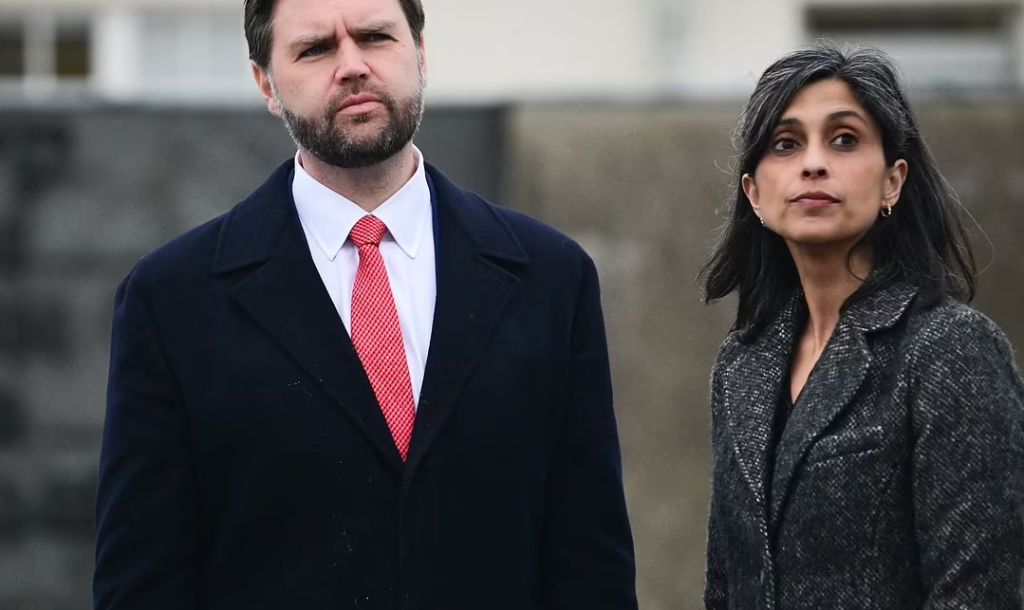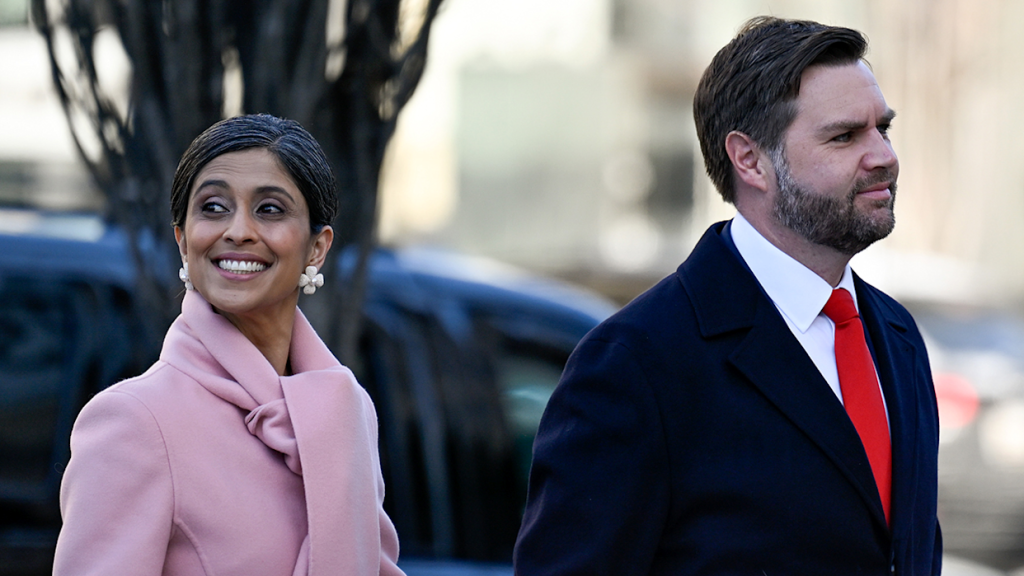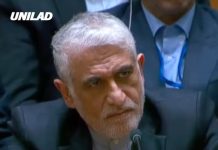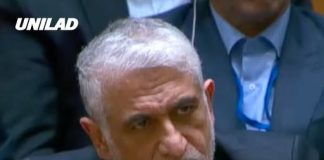In March 2025, Usha Vance, the Second Lady of the United States, became the center of international attention due to a planned visit to Greenland that sparked significant controversy and diplomatic tensions. This incident unfolded within the broader context of the Trump administration’s renewed interest in acquiring Greenland, leading to a complex interplay of geopolitical strategies and local sentiments.
Background of the Controversy
The Trump administration’s aspiration to bring Greenland under U.S. control resurfaced in December 2024, when President Donald Trump reiterated his desire to purchase the territory from Denmark, citing national security concerns. This proposal was met with resistance from both Danish and Greenlandic authorities, who viewed the move as aggressive and unwelcome. Amidst this backdrop, Usha Vance announced her intention to visit Greenland, ostensibly to engage in cultural exchanges and strengthen ties. However, the timing and context of her visit led many to perceive it as an extension of the administration’s territorial ambitions.

Local Opposition and Diplomatic Strain
The announcement of Usha Vance’s visit was met with immediate backlash from Greenlandic officials and citizens. Greenland’s Prime Minister, Múte B. Egede, labeled the visit as “a provocation” and stated unequivocally that she was not welcome. He expressed concerns about the erosion of trust between Greenland and the United States, emphasizing that such actions were detrimental to their historically cooperative relationship. The Greenlandic government condemned the visit as “highly aggressive,” accusing the U.S. of foreign interference in its internal affairs.
The local populace echoed these sentiments, with protests erupting in the capital city, Nuuk. Residents expressed their frustration over what they perceived as a lack of respect for Greenland’s sovereignty. The situation escalated to the point where local businesses, such as Tupilak Travel, rescinded their invitations to host Usha Vance, citing concerns over the underlying agenda and the media attention surrounding the visit.
Adjustments to the Visit
In response to the mounting opposition, the U.S. delegation, which included Usha Vance, National Security Adviser Mike Waltz, and Energy Secretary Chris Wright, scaled back their itinerary. Instead of engaging in broader cultural and diplomatic activities, the visit was confined to the Pituffik Space Base (formerly Thule Air Base), a U.S. military installation in Greenland. This adjustment aimed to mitigate diplomatic tensions and avoid further protests.
Strategic Importance of Greenland
Greenland’s strategic significance cannot be overstated. Its location offers a pivotal advantage for Arctic operations, and its vast natural resources have long been of interest to global powers. The Pituffik Space Base plays a crucial role in space surveillance and missile detection, underscoring the island’s military importance. The Trump administration’s renewed interest in Greenland is rooted in these strategic considerations, aiming to bolster national security and counter the influence of other nations in the Arctic region.

Public Sentiment and Political Dynamics
While the majority of Greenland’s population opposed the idea of U.S. acquisition, a faction within the community viewed closer ties with the United States as an opportunity for economic growth and enhanced security. Figures like Lars Kleist and Jorgen Boassen advocated for Greenland’s independence from Denmark and saw potential benefits in aligning more closely with the U.S. However, these views were in the minority, with polls indicating that approximately 85% of Greenlanders opposed becoming part of the United States.
Conclusion
The controversy surrounding Usha Vance’s visit to Greenland highlights the delicate nature of international diplomacy and the importance of respecting national sovereignty. While strategic interests often drive geopolitical actions, the sentiments and autonomy of local populations remain paramount. This incident serves as a reminder of the complexities inherent in international relations and the need for thoughtful, respectful engagement between nations.

















